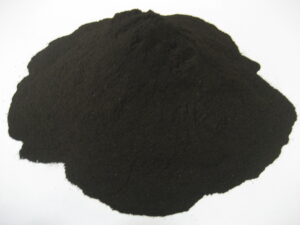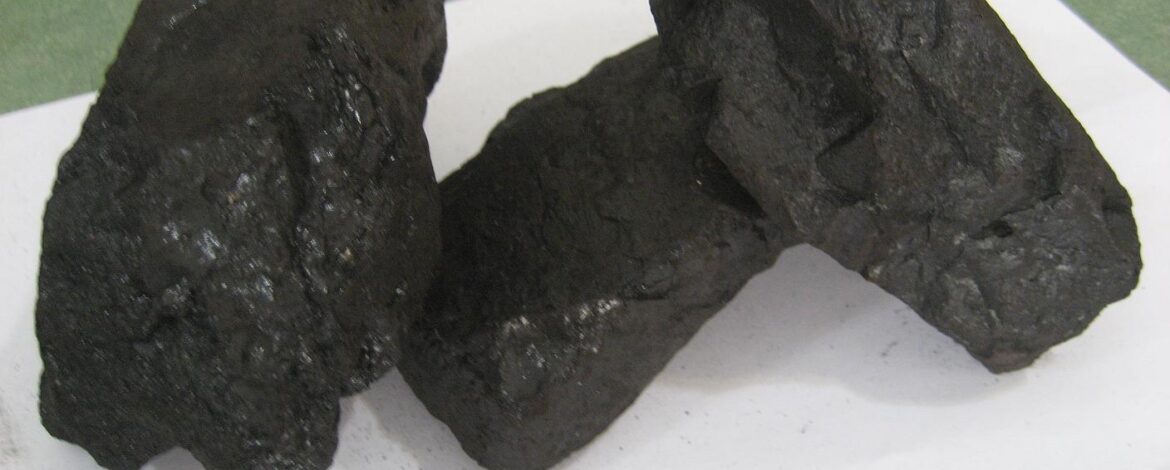Industrial Benefits of Gilsonite
Introduction to Gilsonite
Gilsonite, a naturally occurring solid hydrocarbon, is renowned for its versatility and unique properties. Often referred to as natural asphalt, Gilsonite is highly valued in various industries, including oil and gas, construction, and manufacturing. Its combination of high purity, durability, and chemical resistance makes it a key material in multiple industrial applications. This article explores the industrial benefits of Gilsonite, focusing on its significant contributions to these sectors.

Gilsonite in the Oil and Gas Industry
Gilsonite plays a crucial role in the oil and gas industry, particularly in drilling operations.
Drilling Fluid Additive
One of the primary uses of Gilsonite in the oil and gas industry is as an additive in drilling fluids. Gilsonite acts as a wellbore stabilizer, preventing the collapse of well walls and reducing fluid loss during drilling. Its unique properties help to strengthen the formation and improve the overall efficiency of drilling operations. Additionally, Gilsonite is compatible with both water-based and oil-based drilling fluids, making it a versatile choice for different drilling environments.
https://iranmineral.net/gilsonite-powder/
Reducing Environmental Impact
Gilsonite is a naturally occurring, non-toxic material, making it an environmentally friendly option for drilling operations. Its use in drilling fluids helps reduce the need for synthetic chemicals, thereby minimizing the environmental impact of oil and gas extraction. This aligns with industry trends towards more sustainable and eco-friendly practices.
Gilsonite in Construction
Gilsonite is also widely used in the construction industry, where it enhances the quality and performance of various materials.
Asphalt and Pavement Applications
One of the most notable applications of Gilsonite in construction is in asphalt and pavement production. When added to asphalt mixtures, Gilsonite improves the durability, stability, and resistance of the pavement to deformation and cracking. This leads to longer-lasting roads and reduced maintenance costs. Its high melting point and superior binding properties make Gilsonite an excellent modifier for asphalt, enhancing its performance in extreme weather conditions.
Waterproofing and Sealants
In addition to asphalt, Gilsonite is used in the production of waterproofing materials and sealants. Its natural adhesive properties make it ideal for creating strong, durable seals that protect structures from water infiltration. This is particularly important in construction projects where moisture resistance is critical, such as roofing and foundation work.
Gilsonite in Manufacturing
Gilsonite’s benefits extend to the manufacturing sector, where it is utilized in various products.
Ink and Coating Applications
Gilsonite is a valuable ingredient in the production of inks and coatings. Its high carbon content and unique chemical properties provide a rich, black pigment that is ideal for printing inks. Additionally, Gilsonite improves the hardness and gloss of coatings, making it a popular choice for protective and decorative finishes in industrial and consumer products.
Enhanced Product Performance
Manufacturers use Gilsonite to improve the performance and durability of a wide range of products. For example, in foundry sands, Gilsonite is used as a binder to enhance the strength and integrity of molds. In the rubber industry, Gilsonite acts as a reinforcing agent, improving the flexibility and resilience of rubber products.

